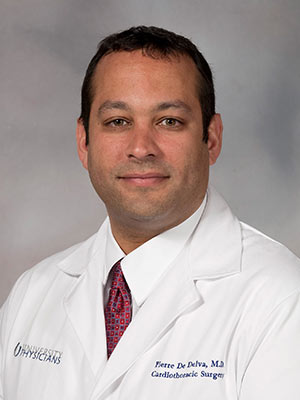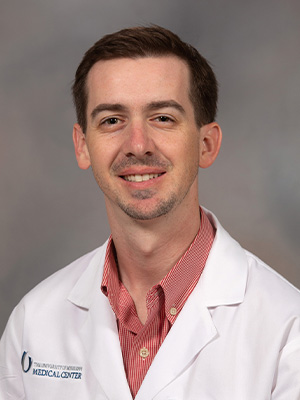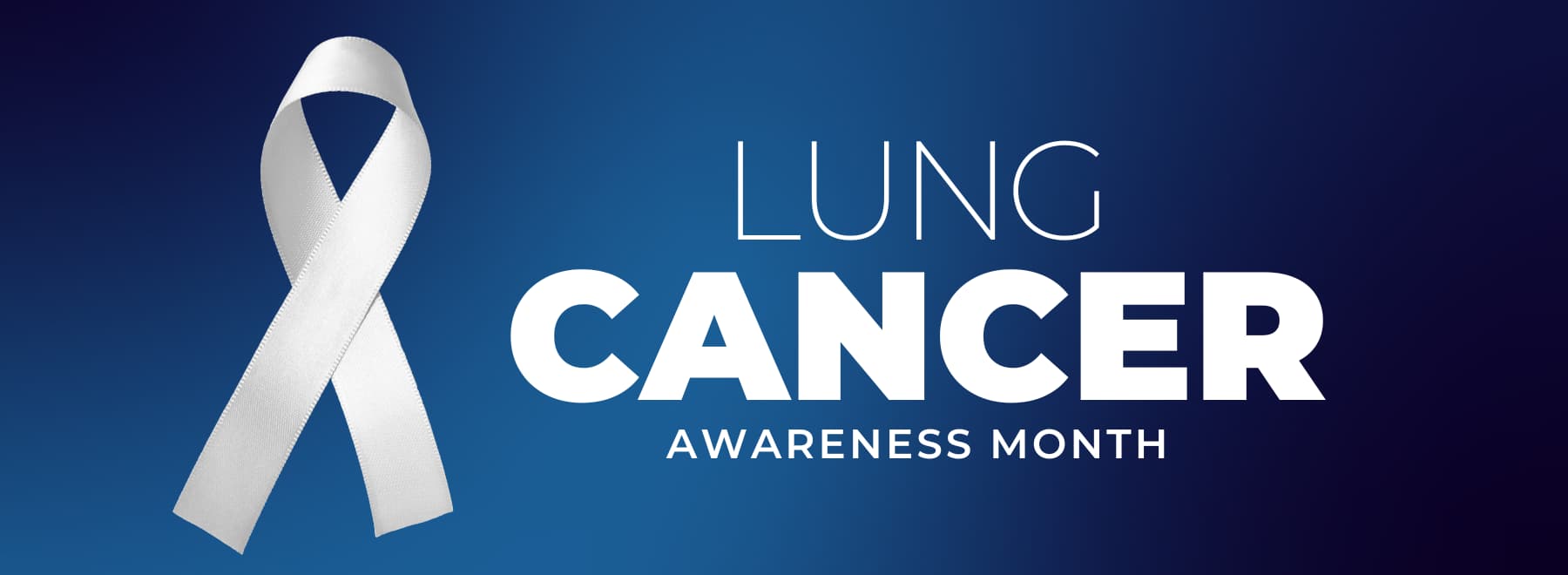November is Lung Cancer Awareness Month
Lung cancer is the leading cause of cancer deaths in the United States, affecting both men and women. According to the National Cancer Institute, approximately 234,580 people are expected to be diagnosed with lung or bronchus cancer in 2024. More than half of those diagnosed will not survive within one year. In Mississippi, the early diagnosis rate is only 26.4%, highlighting the urgent need for awareness and prevention initiatives.

Dr. Pierre De Delva, UMMC division chief of general thoracic surgery and chair of the Mississippi Lung Cancer Roundtable, emphasized the urgency of addressing lung cancer's devastating impact.
“Lung cancer takes more lives than any other cancer. It does not have to be that way,” said De Delva.
We now know how to prevent and treat this terrible disease: decrease tobacco use through prevention, enhance lung cancer screening to help detect disease while curable and provide access to newly discovered personalized therapies that can treat advanced disease,” he added. "Lung Cancer Awareness Month is a great opportunity to highlight all the progress we have made and to highlight the tools we have to eradicate this disease and save so many lives in Mississippi.”

Dr. Jonathan Hontzas, assistant professor in the School of Population Health and director of the ACT Center and Lung Cancer Screening Program at UMMC, echoed the urgent need for increased screening and smoking cessation efforts. “Lung cancer results in more deaths than prostate, colon and breast cancer combined, with Mississippi having among the highest incidence and mortality rates,” he said. “Low-dose CT is the only proven lung cancer screening tool, which can reduce mortality by at least 20%. However, with screening rates below 10% in Mississippi, we must do better.”
Hontzas highlighted the essential role of the lung cancer program and ACT Center in addressing this critical issue. “Cigarette smoking accounts for nearly 85% of lung cancer cases, so we are fortunate to have a program like the ACT Center available to help patients quit,” he said.



